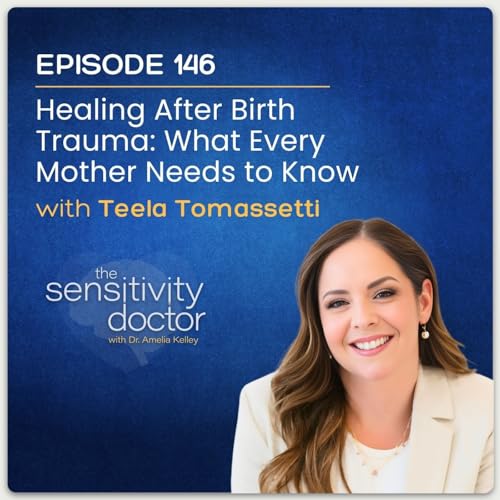As we step into a new year, I’m joined by Dr. Gina Anderson, learning scientist, TEDx speaker, and founder of Luma Brighter Learning, for a conversation that will help you rethink everything you have ever believed about resolutions, self growth, and connection.
Instead of chasing perfection or pressuring ourselves with rigid goals, Gina invites us into a gentler and scientifically grounded approach to change: one daily connection and one daily moment of learning.
Together, we explore what connection actually looks like (and why it often needs to start with yourself), how to access your “true self” through quiet reflection, and why the brain lights up differently when we learn or feel seen in community. Gina also shares powerful insights on neuroplasticity, internal warmth as a signal of emotional safety, and why your breath is the one thing you can always return to.
If you have ever struggled with resolutions, self esteem, nervous system regulation, or feeling disconnected after trauma, this episode offers a compassionate roadmap for rebuilding your inner world one small moment at a time.
Key Takeaways:
• Resolutions often set us up for self judgment. Replacing them with learning and connection creates sustainable growth.
• Connection does not always require other people. One of the most powerful forms is connecting with your own mind.
• Emotional “warmth” can be a real physiological signal that you are tapping into your true self.
• Neuroplasticity shows that your brain can change, even after trauma, through intentional practice and connection.
• Three simple practices can transform your year: connect with one person, get your body moving, and give yourself a daily “sunshine message.”
Connect with Dr. Gina Anderson:
TEDx Talk: The power of being present
Website: lumabrighterlearning.com
Personal Website: learningwithgina.com
Sunshine Project: ripplesofsunshine.com
Instagram: gina.anderson.ceo
LinkedIn: Dr. Gina Anderson
Connect with Dr. Amelia Kelley: About | Dr. Kelley's Books | Instagram
Support this podcast at — https://redcircle.com/the-sensitivity-doctor/exclusive-content
 38 分
38 分 55 分
55 分 48 分
48 分 50 分
50 分 52 分
52 分 46 分
46 分 47 分
47 分 51 分
51 分
